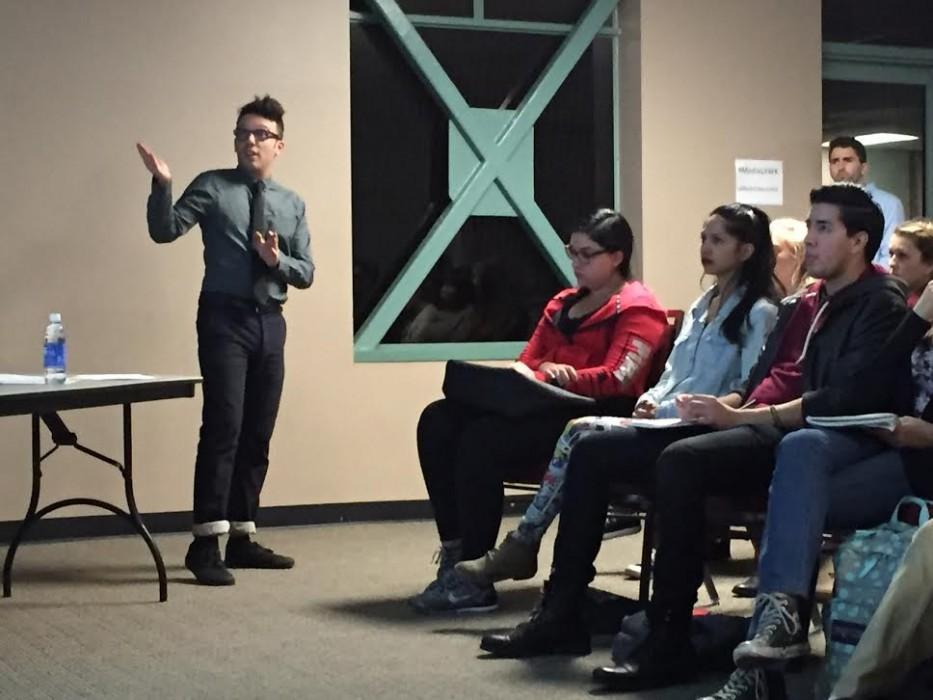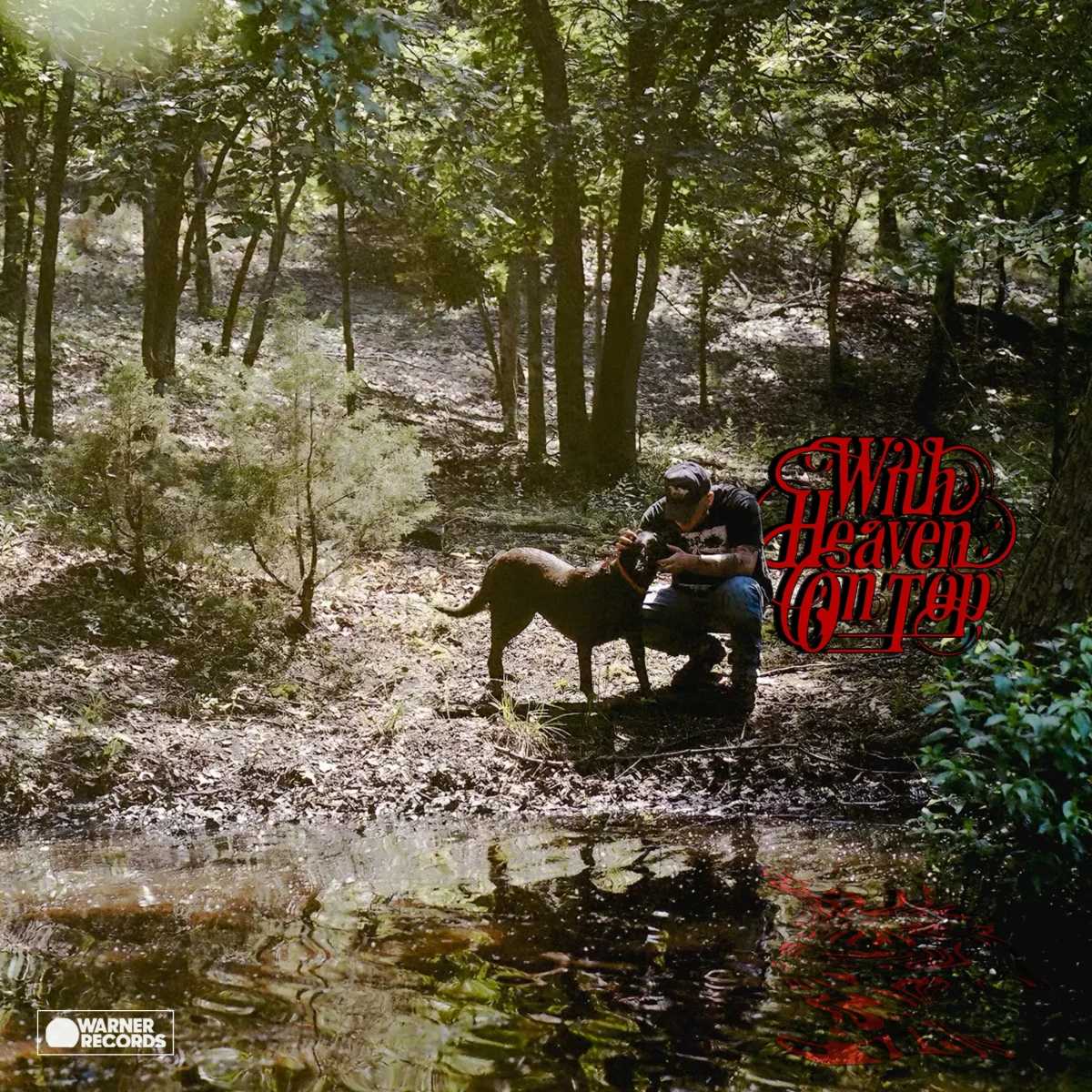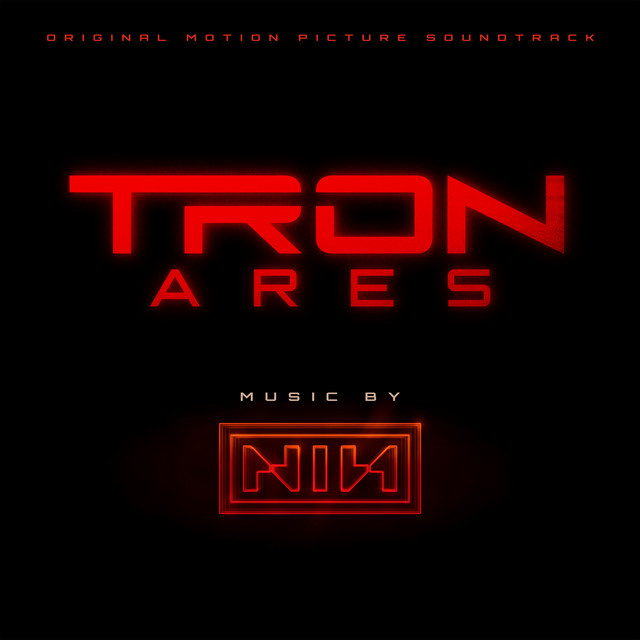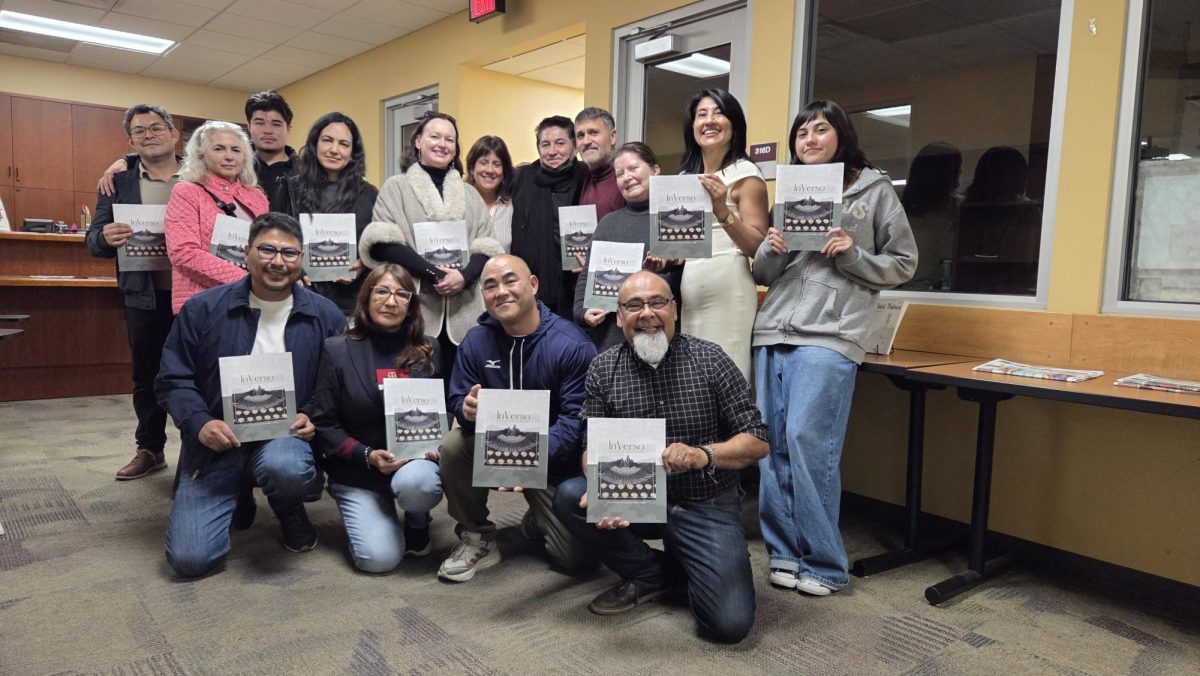All he had was a video camera and no editing experience. He and his partner would shoot for 30 seconds and save space for more recording in the future. The collaboration was an effort to produce crowd-sourced material, which created the company, “hitRECord.”
It was moments like this that helped executive producer Jared Geller and entertainer Joseph Gordon-Levitt develop their creative aesthetic. That same creative aesthetic is undeniably visible in the duos crowd-sourced production company, hitRECord.
Geller visited the Lake View Terrace room at the USU on Tuesday, Nov. 3, for an event hosted by the Journalism Department focusing on National Media Literacy Week, which highlights the importance of children and teens digital media literacy skills. Geller’s hitRECord on TV was awarded a Media Literacy Award by the National Association for Media Literacy Education in 2015.
“We take whatever the content is and we try to find the best home for that piece of content,” said Geller. “I think when you make art, trying to find the best way to distribute it is almost as important as what you’re making, because you want as many people to see it but also the right people to see it.”
The producer spoke vivaciously about media, crowd-sourced production, and the future of the entertainment industry.
“We’ve been doing this for maybe longer than five years, at the very beginning a lot of our partners, or people we wanted to work with, didn’t understand what it meant to be open collaborative production company. It didn’t make sense. I think now more of these kinds of collaborative initiatives are common,” said Geller. “It makes it easier to do bigger things.”
In 2010, following a year of evaluation and deliberation with lawyers about the practicalities of an crowd-sourced production company, Geller and Gordon-Levitt eventually launched a new website. The infrastructure they established through the years would form an online community based on, “transparency and open dialogue,” giving artists and collaborators the opportunity to review profit proposals and make sure they are getting their due before their work is used.
Geller and Gordon-Levitt’s hitRECord has now completed a series of shorts, books, and two seasons of its variety show rendition, HitRECord on TV, with amplifying optimism about the future of hitRECord and crowd-sourced production. The first season of “hitRECord on TV” on Pivot TV won an Emmy Award for Outstanding Achievement in Interactive Media.
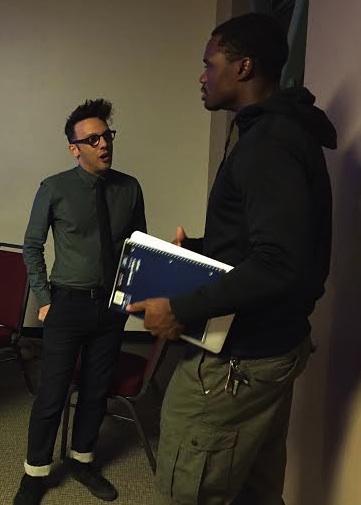
Brandon Ashford, communications major at CSUN, enjoyed the determination for production exuded by Geller during his talk.
“I’m an aspiring producer myself,” said Ashford. “I think that is what most people struggle with, saying [to themselves] ‘Can I really do this?’ Him admitting, ‘I don’t know how I did this but yet you see him doing it,’ is something that people can really look at and say, ‘Hey, that motivates me personally to do what I want to do.’”
The company had an idea to harness technology to record ideas and do it fairly and legally. Above all, collaborators would get paid for their work.
This online community would grow into an open dialogue forum, where creativity seemed to beam through.
“I think it’s going to happen more and more. The bar for doing it [will rise] the more accessible technology becomes,” said Geller. “I think it will become more common. It’s just another way to make art.”
Geller recounted meeting Gordon-Levitt back in 2001, while they were both involved in a broadway production of Uncle Bob. They collaborated on creative projects such as short videos and theater pieces, and by 2005, this collaborative process and desire for a production company would evolve through the online community Gordon-Levitt had created, before click-to-play video, where he uploaded photos, message boards, and blog posts.
Edward Gallacher, creative development and producer for hitRECord, started as Joseph Gordon-Levitt’s executive assistant when he came to Hollywood from England. Gallacher believes the transparency of hitRECord has created a diverse and international community.
“Sometimes we’ll go for months and months with working with someone before we know if they’re a girl or a boy, or where they live in the world, or what perspective they have,” Gallacher said. “That’s a great thing, sort of being completely blind to it initially and then having it be a sort of surprise. It’s interesting for us, always. It means that we have a huge, wide range of perspectives, that end up influencing what we do.”
